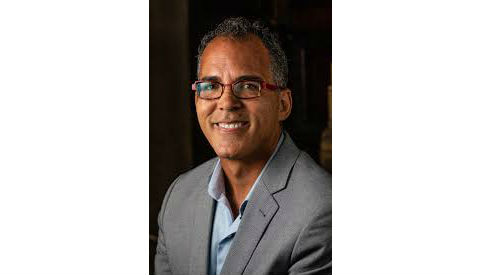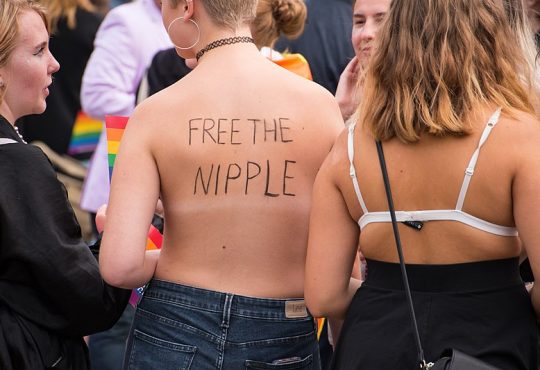Title IX defends the rights of students nationwide: How the revolutionary legal resource is being used to protect student victims of sexual assault and harassment
Lately in the mainstream media, there has been a focus on the prevalent nature of sexual violence on college campuses across the country. Most recently, a lawsuit was brought against Occidental College for the school’s alleged mishandling of sexual assault accusations.
Many similar lawsuits have been brought against other colleges and universities in the wake of the U.S. Board of Education’s 2011 “Dear Colleague Letter,” which reminded every institution of higher education that it is their responsibility to investigate and prevent instances of sexual harassment, violence and discrimination.
According to the 2008 National Crime Victimization Survey, over 75 percent of women who reported rape were under 25 years old. Additionally, the Justice Department has estimated that less than 5 percent of completed and attempted rapes committed against women in college are reported. The most surprising statistic, however, was provided by a study from the University of Mississippi: 9 out of 10 victims of sexual violence know their assailant, and 46 percent of the time that person is someone they are dating. While these statistics are staggering, and at times discouraging, there are resources for students of every gender who unfortunately fall victim to crimes of sexual violence.
One of the greatest legal resources for victims of sexual assault and harassment is Title IX. Many people understand Title IX as the groundbreaking civil rights legislation that first made discrimination against women in athletics illegal. However, Title IX also addresses gender based discrimination in STEM programs as well as the right of every student to attend their college or university without fear of harassment or sexual violence.
While this legislation was originally geared towards women, all students regardless of their gender or sexual orientation are protected under Title IX. This means that if you find yourself in a situation where you feel that you have been a victim of sex-based discrimination, violence, or harassment, the university is legally required to take appropriate action in order to eliminate the hostile learning environment that can result from sexual misconduct on their campus.
If and when it is deemed necessary, schools can issue a no-contact order against the accused in order to assure that there is no retaliation against the victim for making the complaint. Additionally, schools cannot discourage students from continuing their education, and all complaints must be taken seriously by the administration. If a student feels that their university is ignoring their right to a harassment-free education, he or she has a right to file a complaint with the U.S. Department of Education.
Here on campus there are a number of avenues for reporting sexual misconduct under Title IX. The University’s Standards of Integrity refer to Title IX as well, in that “A member of the Puget Sound community must not harm someone physically or psychologically, or cause them to fear being harmed.”
If a student at Puget Sound wants to report an incident of sexual misconduct, they should contact one of our campus’s harassment reporting officers in order to make a complaint. It is also highly recommended that victims of sexual assault, harassment and/or misconduct seek the assistance of a counselor (at CHWS or off campus), the university chaplain, or The Sexual Assault Center of Pierce County – regardless of whether the incident is reported or not.
Likewise, if issues of sexual assault and harassment on our campus are something you are passionate about, there are several groups on campus for all students regardless of their gender or sexual orientation. Such groups include Wetlands magazine, Safe Men, Wixen: Women’s InterseXtionality, Empowerment, and Narratives (formerly known as The Vagina Anti-Violence Alliance or VAVA and VOX (Voices of Planned Parenthood) to name a few. More information about these clubs and student activities – as well as a more detailed outline of the University’s sexual misconduct policy – can be found on the University’s website.





